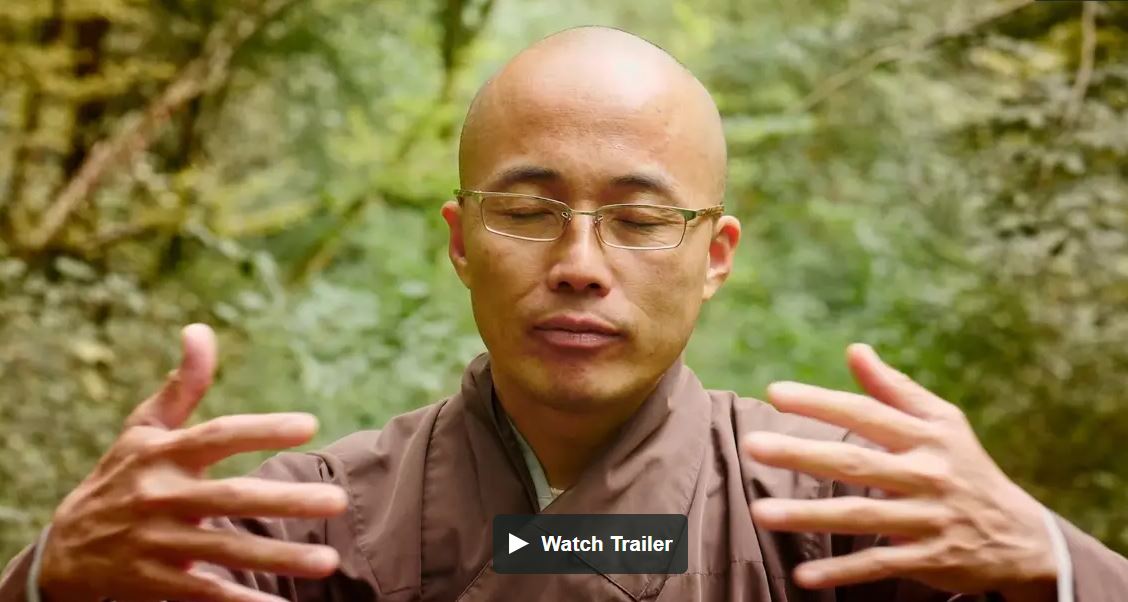Feature writers at Buddhistdoor Global are increasingly reflecting the growing anxiety in the world around the climate crisis. Each of us has had a role in creating the crisis; the older we are, the greater that role has likely been.
Put simply, we’ve consumed too much. Worse, we’ve created an ideology of consumption. And worse yet, we’ve created a meta-ideology (an ideology built to defend our previous ideology) of blaming younger people* who are probably consuming even less than us!
It’s time for a little introspection on our part, those of us in the middle or near middle-ages or older. What is it that we can do to cut back, perhaps a lot, on our consumption and part in the pollution of our shared planet?
Last time I blogged here, I wrote about the power of travel for getting over fixed views of oneself. I still think this is true, but a commenter there, Luise, wisely noted that travel today is one of the major sources of our environmental crisis. I took that to heart and, somewhat to my wife’s disappointment (but not entirely because she’s even more of an environmentalist than I am), I suggested we cancel a planned trip to Bali (or nearby Indonesia) for her birthday and instead stay in Hong Kong for a “stay-cation.”
Some sadness ensued. We are having a child soon and this might have been our last chance for a romantic trip in S.E. Asia. Plus, we live in Hong Kong now, so it’s much better to visit these places now rather than trying down the road if we are back in the US, right? But such thoughts only arise out of many layers of privilege that we have–layers of privilege that come from our generation’s accumulation of earth-destroying cheap travel options.
So we stayed in Hong Kong. We found a nice hotel. We walked down Nathan Road. We walked to the history museum. We took a boat from Sai Kung (which felt like an entirely new world) to see ancient geological formations, along with WWII bombing grounds. We had a splendid time.
It was perhaps a sacrifice. But much less than the sacrifice we are asking of future generations if we leave them with filthy air and water, rising seas, “water wars” and untenable political messes.
There is much more to do. There is a “way out” – not of this world and its suffering, but of our ideologies, our greed, hatred, and aversion that perpetuate our own wheel of samsara. This is no time for indifference or apathy. And Buddhism teaches this, as it warns us not to turn away from the world of form. Jack Kornfield tells us:
Although everything is temporary and dreamlike, with equanimity we nevertheless honor the reality of form. As Zen master Dogen says, “Flowers fall with our attachment, and weeds spring up with our aversion.” Knowing that all will change and that the world of conditioned phenomena is insubstantial, with equanimity we are able to be fully present and in harmony with it.
* Need I mention the dreaded “avocado toast?” This was a term of derision that arose about 10 years ago, coined by an older generation to mock the simple pleasure of “young people” of putting avocado on their toast. Today, the older generations seem even crueler and more petty as they mock the likes of Greta Thunberg and others.
~ From the vimeo page for the movie, which is available to watch online from the sites linked below:
An urgent film about Climate Crisis, Activism and Mindfulness.
What can we do, now that time is running out?
Zen Master Thich Nhat Hanh has a revolutionary proposal for facing the Climate Crisis. “The way out is in,” he states. “The way out of climate change is inside each of us.” His invitation is to stop: to stop running and to take a good look at what is really going on. To see what views drive our behaviour, how our thought patterns and our emotions work, and why we got into trouble with the climate in the first place. In silence, we will better understand ourselves and the Earth.
In The Way Out we follow two young people, a Brazilian banker and a British activist, during a stressful period in their lives. Will they be able to save the earth — beginning with(in) themselves?
Recorded in London and Yorkshire, UK, and in Plum Village, France.
This film is a co-production with Dutch broadcasting organisation KRO-NCRV.
_____
Available on September 5th 2019 at Vimeo on Demand
vimeo.com/ondemand/thewayout
The Way Out is available in five more languages:
– Spanish: vimeo.com/ondemand/lasalida
– Portuguese: vimeo.com/ondemand/asaida
– French: vimeo.com/ondemand/lavoieverslexterieur
– German: vimeo.com/ondemand/derausweg
– Dutch: vimeo.com/ondemand/deuitweg
Italian and Thai subtitles will follow soon.
_____
If you want to share our mindful films with bigger audiences, at schools, sanghas or at other public spaces, please contact Evermind Media at [email protected].
FILM WEBPAGE: evermind.media/the-way-out/
More information on evermind.media

